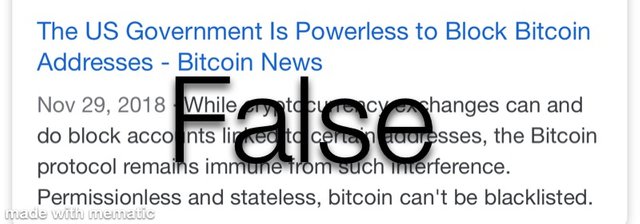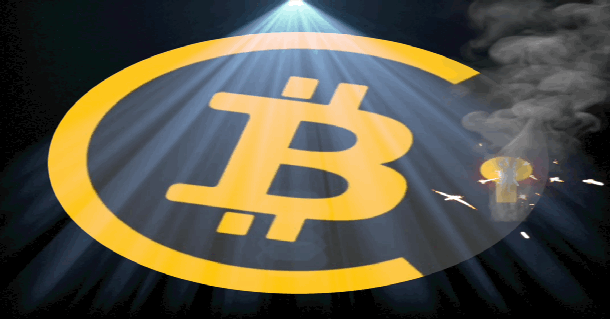U.S. government’s blacklisting of Bitcoin addresses is just getting started.

On Wednesday, the U.S. Treasury Department issued sanctions against three alleged Chinese “drug kingpins” who the government claims used Bitcoin to launder their ill-gotten gains. The Treasury’s Office of Foreign Assets Control (OFAC) subsequently added 11 Bitcoin addresses and 1 Litecoin address to its list of Specially Designated Nationals, ensuring that no U.S. person can conduct business with any of the associated addresses.
It was the second such blacklisting of Bitcoin addresses that the OFAC has taken within the last year—the first against two Iranian citizens last November. But these actions are only the beginning, according to Chainalysis Global Head of Policy Jesse Spiro.
Crypto criminals rake in $4.3 billion in 2019 so far, says new report
“We anticipate further action by OFAC to include additional cryptocurrency addresses attributed to these individuals and others that are involved in narcotics trafficking going forward,” Spiro told Decrypt. He said cases such as these further demonstrate the need for “strict cryptocurrency compliance programs to immediately identify high-risk behavior and activity.”
Juan Llanos, a compliance expert and advisor to several cryptocurrency firms, agreed that we can expect to see more blacklisting of Bitcoin addresses in the future. And that’s largely due to “the nature of open blockchains,” he said. Please Read More Here

Hola amiga melip saludos espero que se encuentre bien. Un abrazo desde Venezuela. Excelente información muchas gracias por siempre estar compartiendo informaciones en la plataforma
Downvoting a post can decrease pending rewards and make it less visible. Common reasons:
Submit
Downvoting a post can decrease pending rewards and make it less visible. Common reasons:
Submit
their usage is something that will attract big investors
Downvoting a post can decrease pending rewards and make it less visible. Common reasons:
Submit